More and more companies are realizing they must reinvent their cultures by infusing innovation into their DNA. Unlike startups that get to shape culture from scratch, established companies must transform existing norms, values, and assumptions in ways that inspire everyone to innovate — not just at the top of the organization, but at all levels.
One company that’s making headway on that goal is CSAA Insurance Group (CSAA IG), one of the insurance companies affiliated with the 55 million-member American Automobile Association (AAA). With almost 4,000 employees, CSAA IG has embarked on a systemic approach to create a pervasive culture of innovation. The tactics being used by CSAA IG are all ones that leaders in other companies can apply to their own innovation culture change efforts.
Via The Learning Factor



 Your new post is loading...
Your new post is loading...

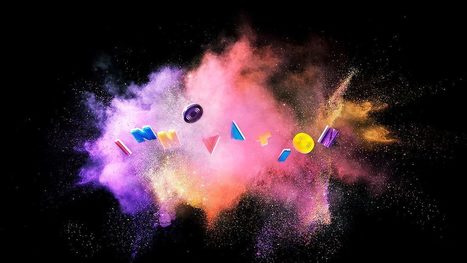







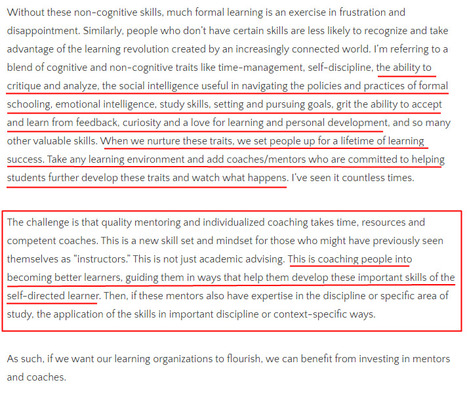
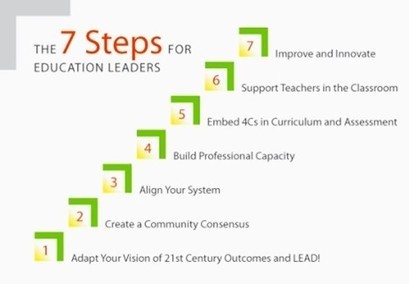




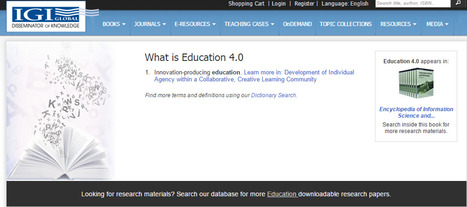
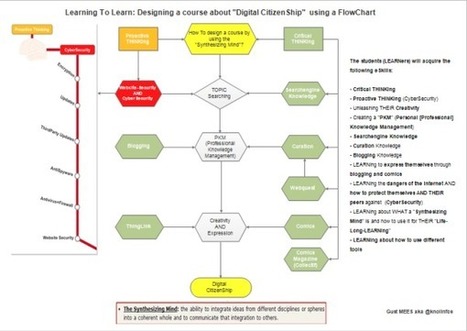












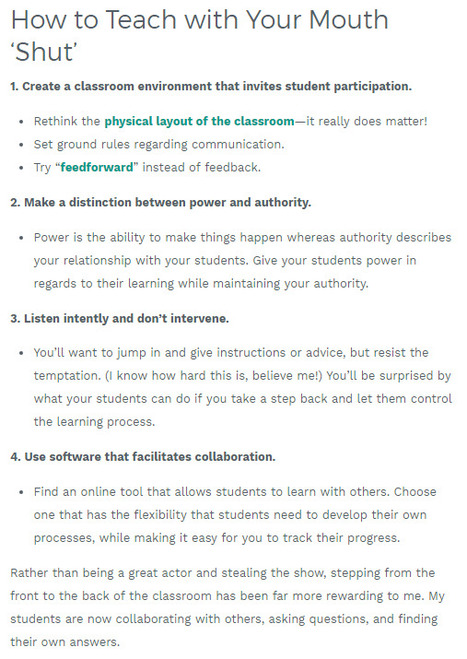








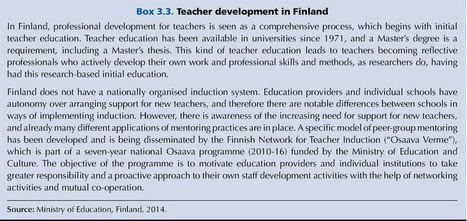
![8 Ways to Engage eLearners [Infographic] | E-Learning-Inclusivo (Mashup) | Scoop.it](https://img.scoop.it/LvNP43jZt6WV_ZNARo-FqTl72eJkfbmt4t8yenImKBVvK0kTmF0xjctABnaLJIm9)



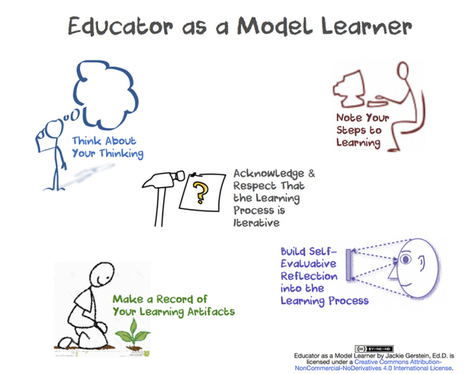






Providing training to all employees was just the start.